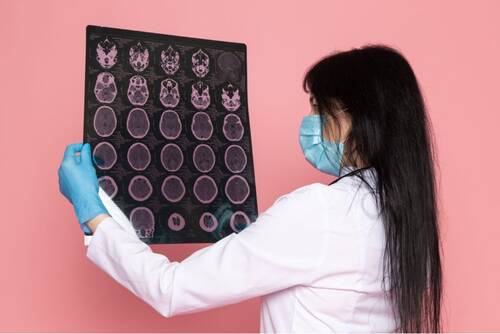
31 Dec The Causes, Symptoms, and Consequences of Brain Injuries
Brain injuries change everything in an instant. It can change how victims think, feel, and even how they carry out everyday activities.
The reasons for brain injuries could range from a car accident, sports injuries, or serious falls. Among other serious injuries, these accidents may result in headaches and memory issues. These challenges don’t just affect the injured person; they can also take a toll on their family, friends, and even their community.
When a person’s brain injury is caused by someone else’s negligence, like a careless driver or unsafe workplace conditions, brain injury attorneys become essential. They help the victim receive the financial support they need to pay for medical bills, therapy, and lost income. These attorneys make it easier for people to focus on recovery and rebuilding their lives by handling the legal side of things.
Causes of Brain Injuries
Brain injuries are generally classified as traumatic or non-traumatic. Traumatic brain injuries (TBIs) result from external forces. Common causes include:
- Falls: Falls are the leading cause of TBIs, especially among children and the elderly.
- Motor Vehicle Accidents: Collisions can cause severe head trauma, especially without seatbelt or helmet use.
- Sports Injuries: Contact sports such as football, hockey, and boxing pose great risks for concussions.
- Violence: Assault and other forms of trauma to the head are major contributors to TBIs.
- Explosions: Common among military personnel, blasts can lead to severe brain damage.
In contrast, non-traumatic brain injuries develop from internal factors such as:
- Stroke: A leading cause of brain damage resulting from interrupted blood flow to the brain.
- Hypoxia: It is caused by drowning, cardiac arrest, or respiratory failure.
- Infections: Diseases such as meningitis or encephalitis may destroy brain tissues.
- Tumors: Abnormal growths may compress or destroy brain cells.
- Toxic Exposure: Chemicals such as carbon monoxide can directly destroy the brain.
Symptoms of Brain Injuries
The symptoms of an injury to the brain depend on the severity of the damage and the location of the injury in the brain. Some appear immediately after the injury, while others may develop over time.
Some symptoms can be physical in nature, like
- Headaches
- Dizziness
- Nausea
- Fatigue
More serious injuries may cause seizures or paralysis. Here are some additional symptoms of a brain injury.
- Cognitive Problems: Forgetting things, misunderstanding, lack of concentration, and speech or language-related problems are the major signs.
- Emotional and Behavioral Changes: Mood swings, irritability, anxiety, depression, or even noticeable shifts in personality can occur.
- Neurological problems: Issues such as blurred vision, ringing in the ears, or loss of smell and taste.
Consequences of Brain Injuries
The long-term effects of brain injuries can be life-altering for both patients and their families. These consequences include:
- Physical Disabilities: Brain injury can result in partial or complete paralysis, loss of coordination, or chronic pain.
- Cognitive Decline: The survivors can lose memory, problem-solving abilities, and even the ability to learn new things.
- Mental Health Issues: Depression, anxiety, post-traumatic stress disorder (PTSD), and even suicidal tendencies set in.
- Economic Impact: Survivors often experience lost income, high medical costs, and long-term care requirements, all of which may be very financially burdensome.
- Social Isolation: Changes in behavioral or ability aspects isolate survivors from society and friends.
The information on MedicalResearch.com is provided for educational purposes only, and is in no way intended to diagnose, cure, or treat any medical or other condition.
Some links are sponsored. Products and services are not warranted or endorsed.
Always seek the advice of your physician or other qualified health and ask your doctor any questions you may have regarding a medical condition. In addition to all other limitations and disclaimers in this agreement, service provider and its third party providers disclaim any liability or loss in connection with the content provided on this website.
Last Updated on December 31, 2024 by Marie Benz MD FAAD
